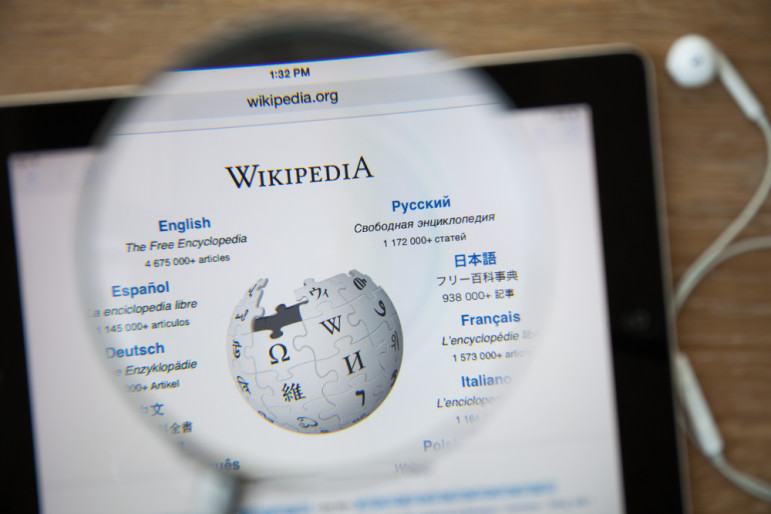
January 15, 2016; WIRED
WIRED magazine celebrated Wikipedia’s 15th birthday by acknowledging that despite its status as one very serious, era-changing entity, it’s a still-maturing adolescent in some ways. It runs through the organization’s journey to date toward becoming an ever more trustworthy source of knowledge, discussing the site’s recent attempts to “sense” automatically when vandalism is occurring and its struggles with gender and racial imbalances. Wikipedia is, of course, both a nonprofit dependent on volunteerism and one of the new digitally-based organizations trying to enliven democracy, and these attributes should make it of enormous interest to nonprofit managers of all kinds.
Sign up for our free newsletters
Subscribe to NPQ's newsletters to have our top stories delivered directly to your inbox.
By signing up, you agree to our privacy policy and terms of use, and to receive messages from NPQ and our partners.
The article also references the organization’s struggle with “the iron law of oligarchy,” the tendency in situations where a large group of people is interested in a resource for the power over that resource to end up in the hands of the few. (Wikipedia describes the theory as coming from German sociologist Robert Michels in his 1911 book, Political Parties. “It claims that rule by an elite, or oligarchy, is inevitable as an ‘iron law’ within any democratic organization as part of the ‘tactical and technical necessities’ of organization.” That this is described as an “iron law” may provide an idea about how tough a tendency this is to resist. For Wikipedia, if it cannot be resisted, the entire effort may fail, because the site’s success depends on diverse points of view.
Taking all of this into consideration, the bold experiment that is Wikipedia is worth celebrating as emblematic of the possibilities of this new era, but descriptions of its ongoing evolution should be hugely valuable to other nonprofits because however phenomenal it may be, it is an effort that knows it is flawed—and is relatively open about its attempts to evolve.—Ruth McCambridge













